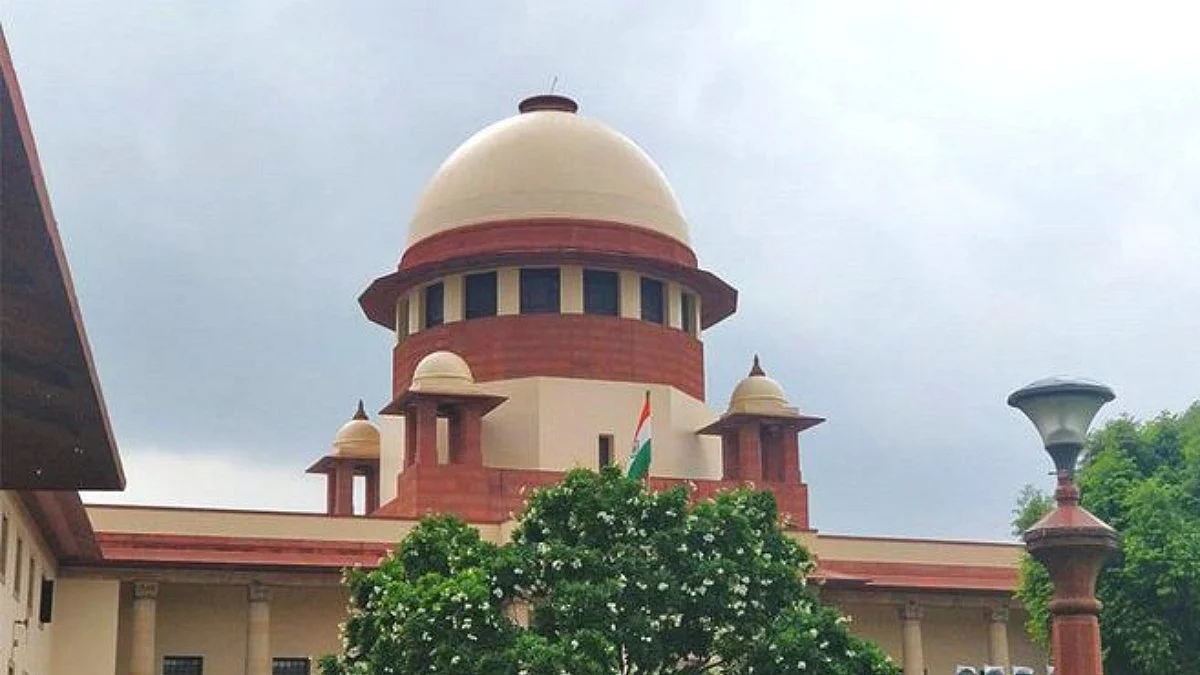SC grants bail to PMLA accused, pulls up ED for 'suppressing' vital information
Court notes order taking cognisance of prosecution complaint filed by ED had been quashed for accused in alleged Chhattisgarh liquor scam

The Supreme Court on Wednesday granted bail to an accused under the Prevention of Money Laundering Act (PMLA), noting that the order taking cognisance of the prosecution complaint filed by the Enforcement Directorate (ED) had been quashed.
The Court questioned the ED for continuing custody of the accused, who has been in custody since August 2024, after the order taking cognisance was quashed on 7 February this year. The accused, Arun Kumar Tripathi, an Indian Telecommunications Service officer, was arrested in connection with a money laundering case linked to the alleged Chhattisgarh liquor scam. The supplementary prosecution complaint was filed on 5 October 2024, and cognisance was taken on the same day.
However, the high court quashed the special court's order, citing the lack of sanction for prosecution, in line with the Supreme Court's ruling in November 2024 in Directorate of Enforcement v. Bibhu Prasad Acharya.
SC Justice Abhay Oka asked why the accused should remain in jail when the cognisance order had been quashed, and questioned whether the PMLA was being misused to simply keep people in custody. “The concept of PMLA cannot be to ensure someone remains in jail,” Justice Oka remarked, pointing out the similarity to section 498A IPC (cruelty to married woman by husband or in-laws) cases, where the aim seemed to be to keep individuals imprisoned.
The bench expressed frustration that the ED had failed to inform the Court about the quashing of cognisance, with the accused’s counsel, senior advocate Meenakshi Arora, being the one to bring it up. “It is shocking that the ED suppressed this information,” Justice Oka said, suggesting the officers be summoned for their lack of transparency.
The additional solicitor-general (ASG) argued that the quashing of cognisance didn’t make the arrest illegal and stated that the necessary sanction had now been obtained. He contended that the quashing was not based on the offence but on the lack of sanction, which had since been rectified.
The bench, however, disagreed with the ASG’s submission, emphasising that no valid complaint existed in law owing to the quashing of the cognisance order. "As of today, no complaint is filed, and the application for fresh cognisance has been made," Justice Oka observed, adding that the Special Court would need to examine the validity of the sanction.
While acknowledging the seriousness of the allegations, the Court decided that the accused’s continued custody was not justified under the current circumstances. The appellant was ordered to be produced before the special court within a week, where he would be granted bail subject to stringent conditions, including the surrender of his passport and an undertaking to attend court proceedings regularly.
Follow us on: Facebook, Twitter, Google News, Instagram
Join our official telegram channel (@nationalherald) and stay updated with the latest headlines
